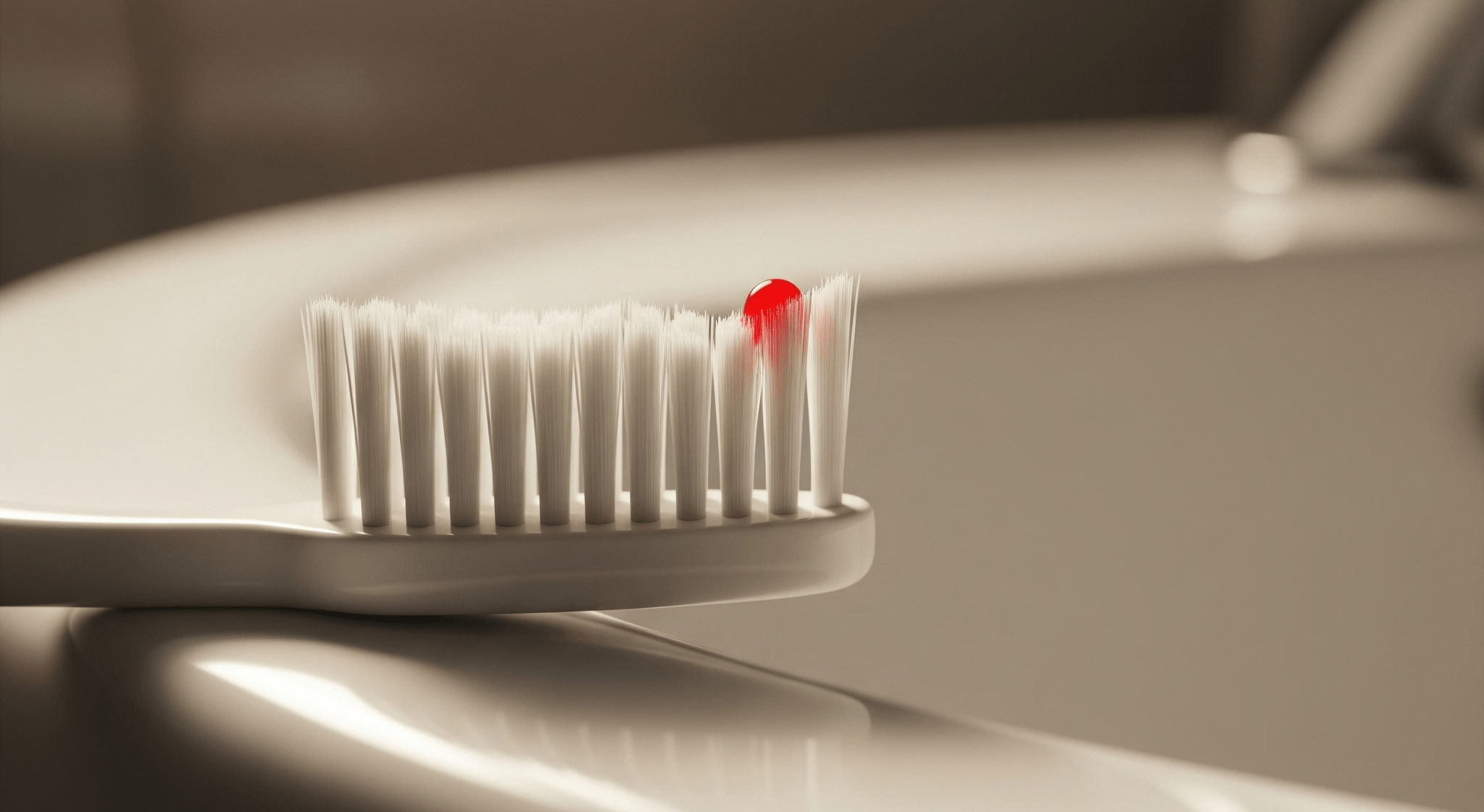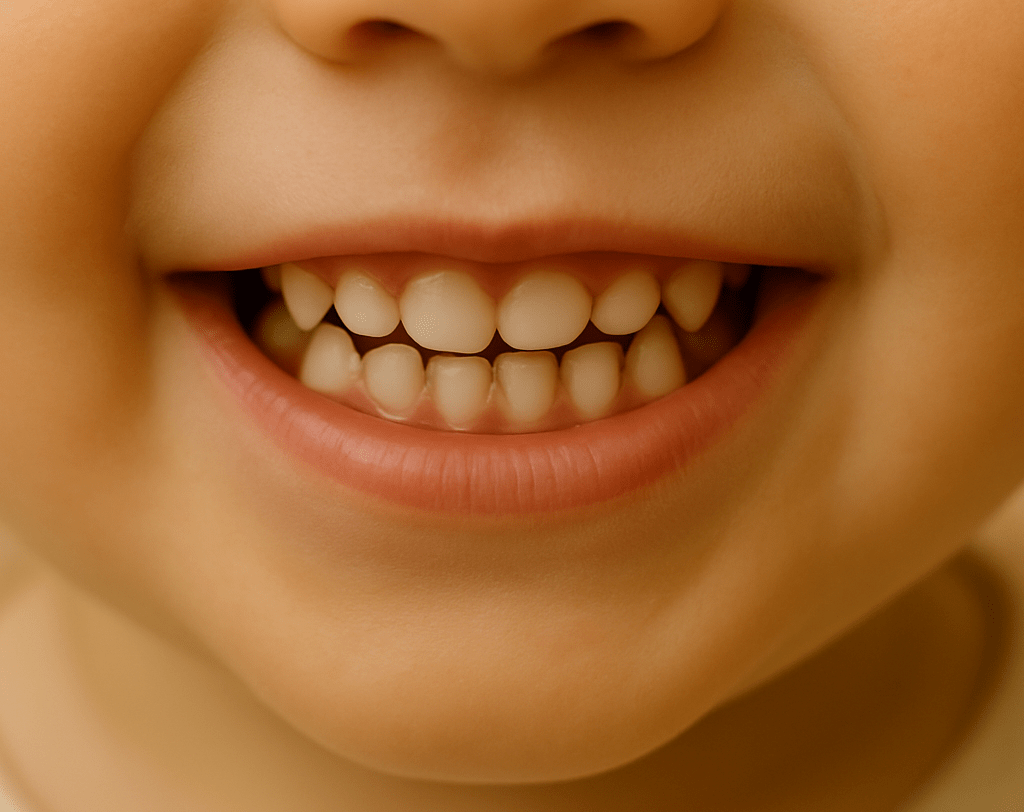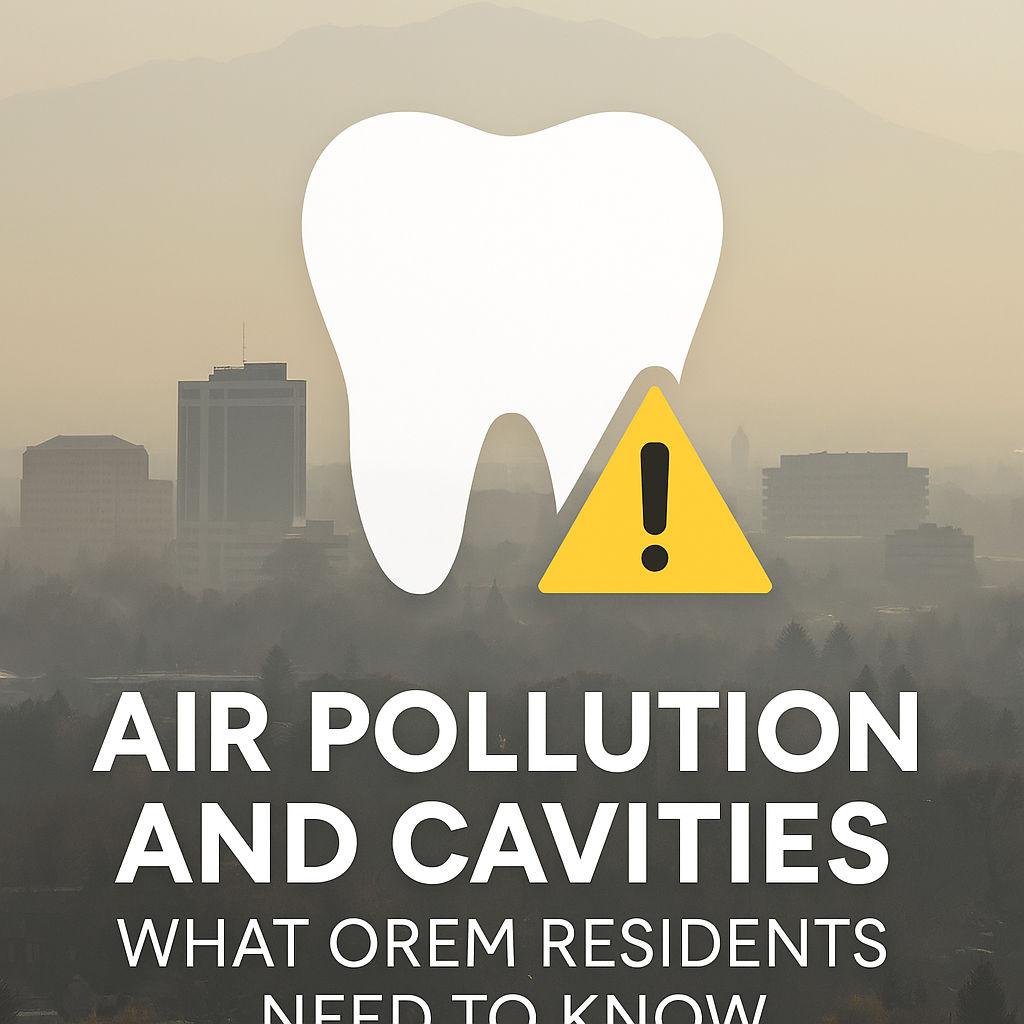Blog Highlights
- It’s crucial that you inform your dentist if you are pregnant or might be pregnant
- General anesthesia may have some effect on the fetus
- Local anesthetics are still considered safe and won’t have any affect on the baby
It’s crucial that you inform your dentist if you are pregnant or might be pregnant in the near future. During the first three months of pregnancy, you should forgo all non-emergency dental treatments. The only exception would be if you experience a serious gum or tooth infection that could cause more harm if left untreated.
Most dentists would recommend that you have all dental treatments performed before pregnancy or once the baby is born. However, once you’re through the first trimester, you may opt for some dental procedures. It’s important to consult with your dentist and obstetrician to discuss anesthesia options. In general, you’ll have three options:
General Anesthesia
General anesthesia is reserved for serious procedures. It renders the patient unconscious. General anesthesia may have some effect on the fetus, the full extent of which varies from patient to patient. This type of anesthetic should, in most cases, be completely avoided if you are pregnant.
Local Anesthetics
Local anesthetics numb small, local areas of your mouth. This type of anesthetic is considered relatively safe during pregnancy. Once the baby is born and nursing, local anesthetics are still considered safe and won’t have any effect on the baby.
Sedation
Sedation is usually used to reduce anxiety during a procedure and can make you drowsy. This type of anesthetic, usually in the form of nitrous oxide, should be avoided. Additionally, other anti-anxiety medications, such as diazepam, should not be used. If you are prone to anxiety and must undergo a dental procedure, consider music, acupuncture, or some other alternative option.
It is important to have an open channel of communication with your dentist. They can advise you on the best options for you.





